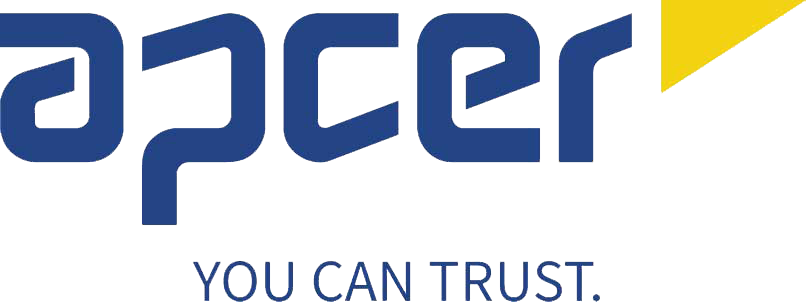World Food Safety Day is on 7 June, and this year the FAO and WHO have teamed up for a campaign with the theme ‘Food safety: prepare for the unexpected’. This campaign emphasizes the importance of being prepared to face unexpected challenges that could compromise food safety, from food-borne disease outbreaks to natural disasters affecting the supply chain.
Food safety is an essential pillar for public health and consumer safety. Preparing for the unexpected requires a rapid and efficient response from actors across the food chain and robust systems that can prevent crises before they occur. In this context, certification plays a crucial role in ensuring food safety.
The Importance of Food Safety Certification
Food safety certification is a process that validates that an organization follows strict, standardized practices to guarantee the safety of its food products. Certifications such as ISO 22000, FSSC 22000, HACCP (Hazard Analysis and Critical Control Points), IFS Food and BRCGS Food provide a structured framework for identifying, evaluating, and controlling potential food safety risks.
Prevention and Control
Certification ensures that companies identify potential hazards at each stage of the production process and establish critical control points to mitigate these risks. This kind of preventative approach is vital for being prepared for the unexpected, reducing the likelihood of contamination and disease outbreaks.
Compliance and Consumer Confidence
Certification also guarantees that companies comply with international standards and local regulations, providing a solid foundation for food safety. This protects consumers and increases their confidence in the products they consume. In times of crisis, this trust is essential for maintaining market stability and customer loyalty.
Supply Chain Resilience
Another crucial benefit of certification is supply chain’s resilience. In unexpected situations, such as natural disasters or pandemics, certified supply chains are better prepared to respond and adapt quickly to changes. Certification implies that companies have well-defined contingency plans and crisis management systems, which is vital for minimizing interruptions and guaranteeing the continuity of the supply of safe food.
So, this World Food Safety Day reminds us of the importance of being prepared for the unexpected. Food safety certification is an essential component of this preparedness, providing a robust system for preventing, controlling, and responding to crises. Investing in certification not only protects public health, but also strengthens consumer confidence and supply chain resilience, ensuring that even in the face of the unexpected, food safety is maintained.
APCER's Agrifood team is on hand to help food companies achieve certification!















